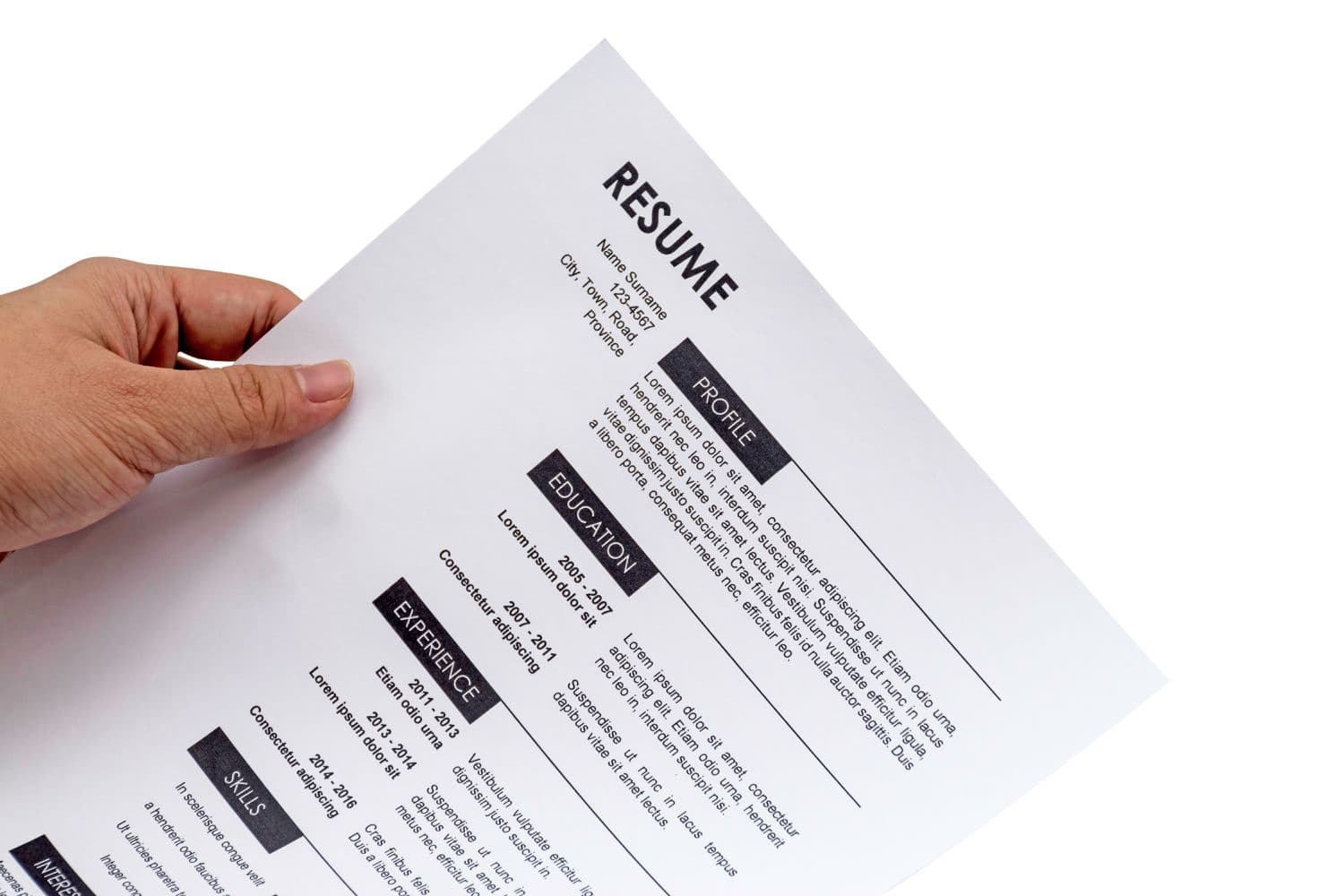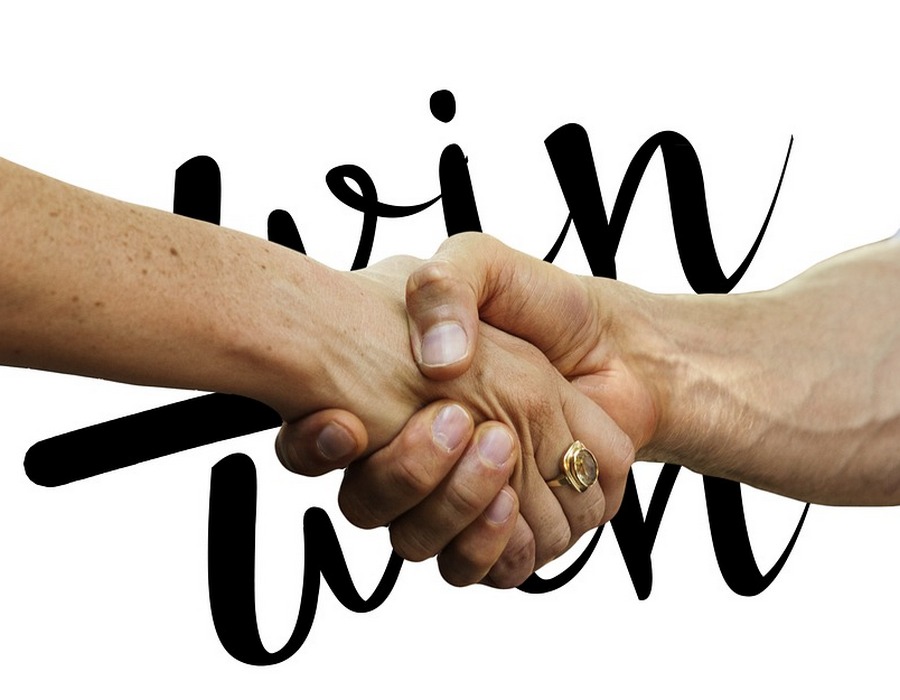In the realm of business education, textbooks have long been considered the go-to resource for structured knowledge. They provide theories, frameworks, models, and step-by-step methods for building a company, managing a team, or analyzing markets. However, in recent years, an increasing number of entrepreneurs, students, and professionals have turned to a different source of inspiration and insight: biographies.
Reading about the real lives of entrepreneurs like Howard Schultz, Oprah Winfrey, Elon Musk, or Sara Blakely offers something textbooks rarely do—depth, emotion, imperfection, and unpredictability. These stories reveal the raw truth behind business success, showing not only what worked but also what nearly broke the person behind the brand. In this article, we’ll explore why biographies often serve as a richer, more practical guide to business than traditional textbooks.
Learning from Lived Experience
Textbooks are inherently generalized. They are designed to be widely applicable, summarizing what “usually works” in most situations. While this can be helpful, business in real life is rarely that predictable.
Biographies, on the other hand, provide unfiltered access to the actual decisions, mistakes, and pivots made by individuals. Instead of reading about leadership theory, you might read how a founder earned their team’s trust during a crisis. Instead of abstract lessons on risk-taking, you witness the emotional toll of a near-bankruptcy event.
These lived experiences stick with readers more than bullet points and diagrams. They’re stories you remember—and possibly even emulate—when facing similar challenges.2. Emotional Resonance Increases Retention
One of the major benefits of reading biographies is their emotional engagement. Humans are wired to respond to stories, and when we relate emotionally to content, we tend to remember it better.
Reading about an entrepreneur’s struggles—being rejected by investors, failing with a product launch, or doubting themselves—creates a human connection. It gives readers not just facts but feelings: what it was like to be afraid, to take a leap, to succeed after countless failures. These emotional elements make the lessons more powerful, more memorable, and more likely to be applied in real situations.
The Power of Context and Complexity
Business textbooks often simplify things for clarity. They isolate variables, categorize models, and define linear processes. However, business life is anything but linear.
Biographies show how multiple factors—economic trends, family life, personal trauma, timing, luck—interact to shape outcomes. They don’t hide the messiness or contradictions that define the entrepreneurial journey. For example, a founder may have succeeded not because they followed a framework perfectly, but because they broke every rule at the right time.
This nuance is incredibly valuable. It prepares readers for ambiguity, which is often more important than following a textbook strategy.
Inspiration Through Vulnerability
Textbooks tend to present concepts in a polished, confident tone. While this can convey authority, it rarely inspires. Biographies, in contrast, often begin in failure or obscurity. They follow people who started with nothing, made countless missteps, and still found a way forward.
Seeing vulnerability in successful people makes the dream of entrepreneurship feel more achievable. If someone else struggled, doubted themselves, and still succeeded, then perhaps the reader can too. That emotional encouragement is especially important for aspiring entrepreneurs, who often need belief as much as they need knowledge.
Lessons That Evolve with the Reader
A business textbook usually delivers the same lessons each time you open it. Biographies, however, tend to grow with you. Rereading Steve Jobs’ biography as a 20-year-old student is a different experience than reading it as a 40-year-old manager.
Different parts of the story speak to different stages of your life. You may initially focus on the courage it took to start something from scratch. Later, you may focus more on how a leader rebuilt trust after failure. Biographies are layered in a way that allows for continuous learning.
Exposure to Diverse Perspectives
Every biography introduces you to a unique voice, culture, and worldview. Reading the story of a self-made businessperson from South Korea, Nigeria, or Brazil can offer insights into economic systems, values, and customer behaviors that differ vastly from what’s taught in Western-centric textbooks.
This diversity broadens understanding and nurtures adaptability—a trait crucial for entrepreneurs working in global or multicultural markets. Biographies also provide representation: readers from marginalized groups can see successful people who look like them or share their background, which is often missing from formal educational materials.
Inspiration to Take Action
Most people don’t put down a business textbook and immediately take a risk or start a company. But many have closed a biography feeling empowered to take the first step. The emotional arc of an entrepreneur’s life—the failures, the hustle, the breakthrough—creates momentum in the reader.
Inspiration doesn’t replace strategy, of course. But without the courage to act, all the models in the world are useless. Biographies create that fire, which can be the missing ingredient between an idea and execution.
Humanizing Success
Finally, one of the most overlooked benefits of biographies is how they humanize success. Business celebrities often seem unreachable in headlines or social media. But reading about their early jobs, rejections, personal losses, and doubts makes them relatable.
Success, in this context, stops being magical or reserved for the elite. It becomes the result of persistence, resilience, and learning—things within reach of anyone willing to put in the effort. This reframe is not just motivational; it’s transformative.
Conclusion
Business textbooks serve a purpose. They organize complex concepts, explain theories, and offer structured tools that help students and professionals develop foundational knowledge. But they are not complete on their own.
Entrepreneur biographies bring the human side of business to life. They show us how knowledge is applied—or sometimes ignored—in real-world situations. They introduce us to people, not just principles. They inspire, challenge, and prepare readers for the emotional and practical realities of the entrepreneurial path.
In short, if textbooks tell you what to do, biographies show you how—and why—it’s worth doing. And that may be the most valuable lesson of all.































0